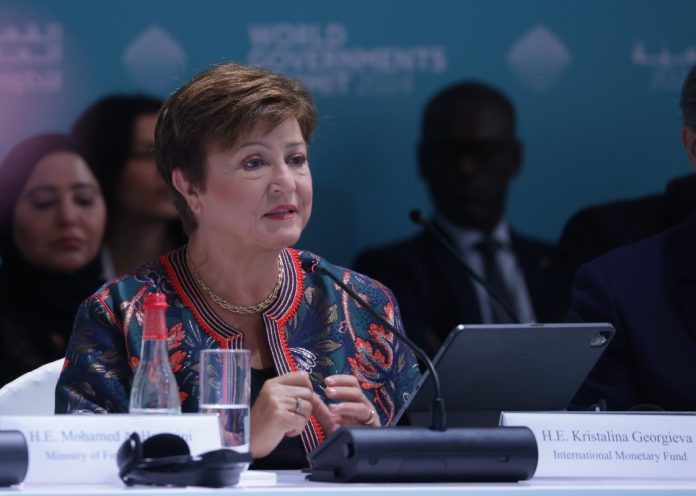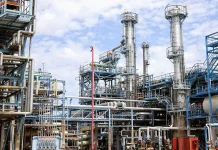Cost-of-living crisis in Nigeria deepens as the IMF warns of mounting challenges.
With growing anxieties, the International Monetary Fund (IMF) has cautioned about the exacerbating cost-of-living crisis in Nigeria, highlighting stagnant per-capita growth, poverty, and heightened food insecurity as alarming factors. The IMF report titled ‘IMF Executive Board Concludes Post Financing Assessment with Nigeria‘ sheds light on the mounting challenges faced by the nation, including inflation, currency devaluation, economic stagnation, and business closures.
The IMF report identifies the inadequate collection of revenue as a major hindrance that obstructs the delivery of crucial public services and investments. It reveals disconcerting figures, such as the headline inflation escalating to a significant 27 percent year-on-year in October, with food inflation reaching a staggering 32 percent. These alarming statistics can be attributed to the removal of fuel subsidies, the devaluation of the national currency, and the insufficient agricultural output.
The report acknowledges Nigeria’s daunting predicament, burdened not only by the adverse external environment but also by a multitude of domestic challenges. Scarce external financing options, escalating global food prices due to conflict and geo-economic fragmentation, and diminishing per-capita growth have significantly elevated the cost-of-living crisis. The high prevalence of poverty and food insecurity further compound the nation’s difficulties. To exacerbate matters, the Nigerian authorities operate with meager reserves and limited fiscal space, curtailing their ability to respond swiftly and effectively.
Given the prevailing circumstances, the authorities’ prioritization of macroeconomic stability and the creation of conditions for sustained, high, and inclusive growth is in line with the IMF’s recommendations. The report affirms that the IMF Executive Board concluded the Post Financing Assessment on January 12, 2024, with confidence in Nigeria’s capacity to repay its debts.
Also Read: Table, pure water prices set to soar as more producers close shop
Despite the challenging economic landscape, the IMF commends the new administration for taking immediate initiatives to address deep-rooted structural issues. Notably, the adoption of two crucial policy reforms – the removal of fuel subsidies and the unification of official exchange rates – demonstrates a promising start. Additionally, the report highlights the central bank’s dedication to achieving price stability as its core priority and the authorities’ development of an ambitious domestic revenue mobilization agenda on the fiscal front.












[…] Also Read: Cost-of-Living Crisis in Nigeria: IMF Raises Concerns […]